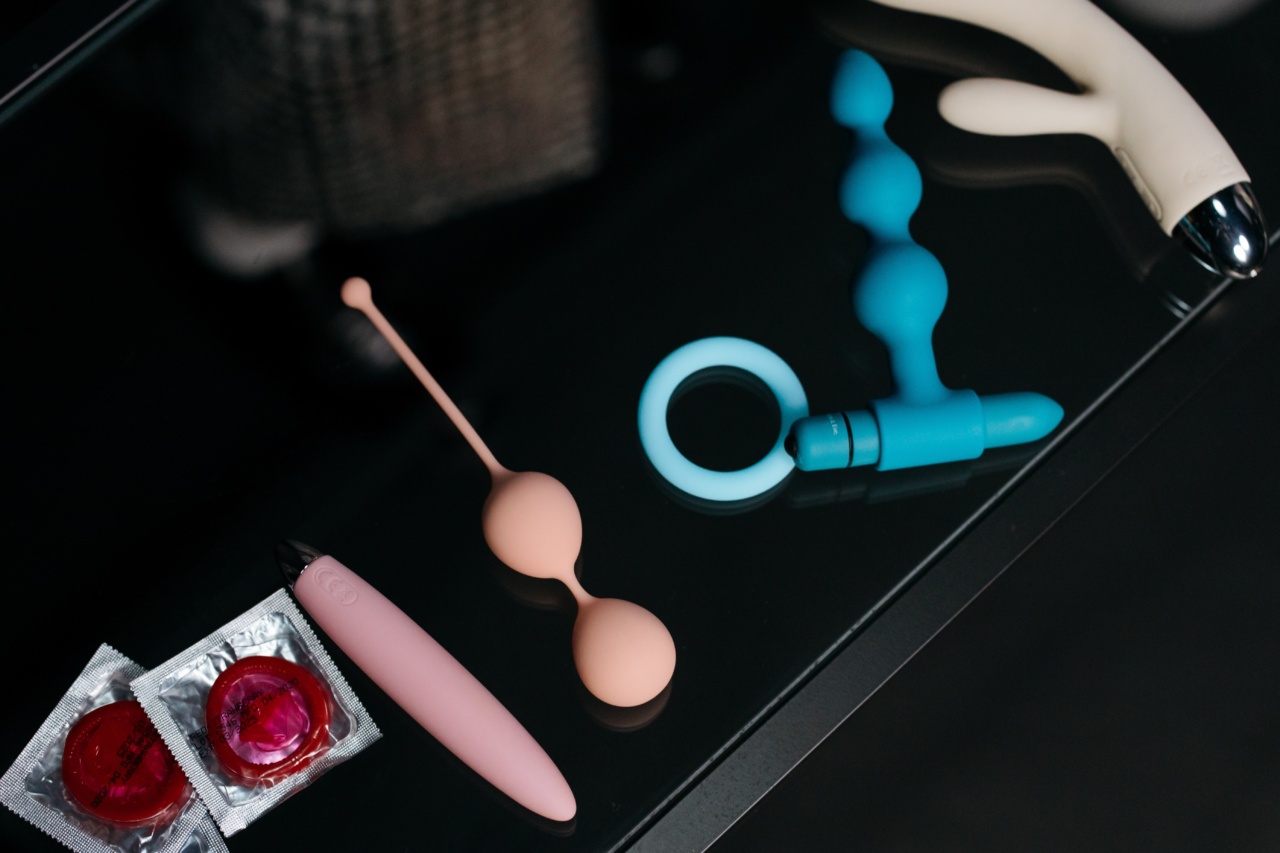Male sexual dysfunction refers to a range of issues that can impair a man’s ability to achieve or maintain an erection, as well as difficulties with ejaculation or reduced sexual desire.
This condition can significantly affect a man’s quality of life and overall satisfaction with his sexual experiences. It is important to note that male sexual dysfunction can occur at any age and is relatively common. Fortunately, there are various treatment options available that can help improve sexual satisfaction.
This article will explore the causes, symptoms, and treatment options for male sexual dysfunction.
Causes of Male Sexual Dysfunction
There are several potential factors that can contribute to male sexual dysfunction. These may include:.
1. Physical Causes
Physical causes of male sexual dysfunction can include chronic health conditions such as diabetes, cardiovascular disease, obesity, hormonal imbalances, neurological disorders, and certain medications.
In addition, alcoholism, drug abuse, and smoking can also lead to sexual problems.
2. Psychological Causes
Psychological factors can play a significant role in male sexual dysfunction. Stress, anxiety, depression, low self-esteem, relationship issues, and performance-related fears can all contribute to difficulties in achieving or maintaining an erection.
Common Types of Male Sexual Dysfunction
There are several common types of male sexual dysfunction, including:.
1. Erectile Dysfunction
Erectile dysfunction (ED) is the most common form of male sexual dysfunction. It refers to the inability to achieve or sustain an erection firm enough for sexual intercourse.
ED can be caused by physical or psychological factors and may require medical intervention.
2. Premature Ejaculation
Premature ejaculation is characterized by an inability to delay ejaculation, often resulting in unsatisfactory sexual experiences for both partners. It is a common condition among men and can be caused by both physical and psychological factors.
3. Delayed Ejaculation
Delayed ejaculation refers to the inability to ejaculate despite normal sexual stimulation. This can result in frustration and reduced sexual satisfaction.
Psychological factors, certain medications, and hormonal imbalances can contribute to this condition.
4. Reduced Sexual Desire
A decrease in sexual desire or libido can also be considered a form of male sexual dysfunction. It may be caused by physical factors such as hormonal imbalances or psychological factors such as stress or relationship problems.
Treatment Options for Male Sexual Dysfunction
When it comes to treating male sexual dysfunction, the appropriate approach will depend on the underlying cause. Here are some common treatment options:.
1. Medications
Several medications, such as Viagra, Cialis, and Levitra, have been approved to treat erectile dysfunction. These medications work by enhancing blood flow to the penis, facilitating the achievement and maintenance of an erection.
However, they may not be suitable for everyone and can have potential side effects.
2. Psychotherapy
If the root cause of sexual dysfunction is psychological in nature, psychotherapy may be recommended.
Cognitive-behavioral therapy, sex therapy, and couples counseling can help address issues such as performance anxiety, relationship problems, and self-esteem issues.
3. Hormone Therapy
In cases where hormonal imbalances are contributing to sexual dysfunction, hormone therapy may be prescribed. This can involve testosterone replacement therapy or other hormonal interventions to restore the balance.
4. Lifestyle Changes
Adopting a healthy lifestyle can have a positive impact on sexual function. This can include regular exercise, maintaining a healthy weight, managing stress, limiting alcohol consumption, quitting smoking, and improving communication with your partner.
Prevention and Self-Care
Preventing male sexual dysfunction is not always possible, as some causes are beyond an individual’s control. However, there are steps you can take to promote sexual health and satisfaction:.
1. Communicate Openly
Effective communication with your partner about your sexual needs, desires, and any concerns can help foster a healthier sexual relationship and improve overall satisfaction.
2. Prioritize Overall Health
Ensuring that you lead a healthy lifestyle can contribute to optimal sexual function. This includes maintaining a balanced diet, engaging in regular exercise, managing stress, and avoiding harmful substances.
3. Seek Professional Help
If you are experiencing persistent or distressing sexual difficulties, it is important to seek professional help. A healthcare provider or a specialist in sexual medicine can assess your condition and recommend appropriate treatment options.
Conclusion
Male sexual dysfunction can significantly impact a man’s sexual satisfaction and overall well-being. It is essential to understand that this condition is common and treatable.
By addressing the underlying causes and seeking appropriate treatments, many men can improve their sexual experiences and regain their confidence. Don’t hesitate to reach out for support and professional guidance if you are facing challenges with male sexual dysfunction.































